IPS_Innovative Prison Systems recently supported the Albanian Helsinki Committee to provide a two-day training event for prison staff. The training aimed to enhance their knowledge on preventing and countering violent extremism and was attended by multi-disciplinary teams from 19 Criminal Judgment Execution Institutions across the country.
Albania has faced increased challenges with radicalisation in recent years, particularly due to the issue of returning foreign terrorist fighters (FTFs), which consequently posed an increased burden for the prison service due to high number individuals sentenced due to terrorism-related crimes.
This has become a growing concern for both the government and the wider society. In the prison setting, the challenge of preventing radicalisation, and reintegrating those who have already been radicalised, has become a priority.
In this scenario, the Albanian Helsinki Committee (AHC) is leading an initiative to address the risk of violent extremism and radicalism among pre-trial detainees and prisoners in Albanian prisons. In addition to developing training programmes for prison staff with the Albanian General Directorate of Prisons, the AHC has been engaged in updating the country’s “Administrative Guide for the Management and Prevention of Radicalism leading to Violent Extremism”.
Following this update on the knowledge and developments in preventing violent extremism in prison, the AHC organised two training sessions for almost 60 multi-disciplinary staff from 19 Criminal Judgment Execution Institutions.
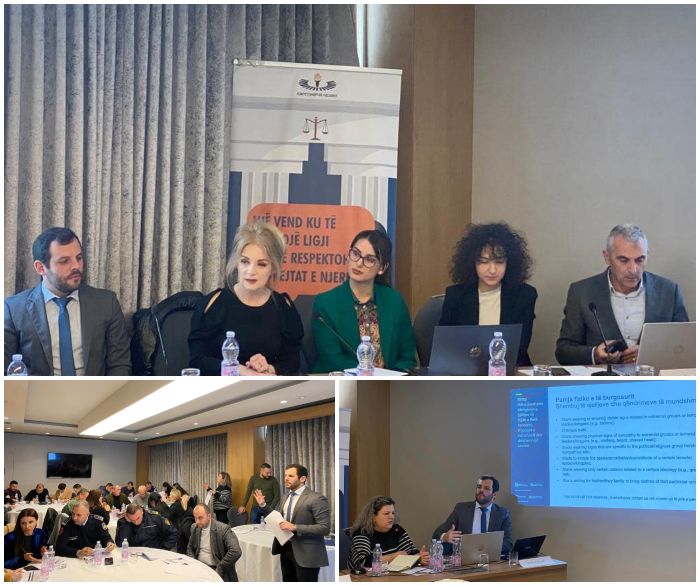
Pedro Liberado, IPS’ Chief Research
Officer and Coordinator of the Radicalisation, Violent Extremism and Organised
Crime Portfolio was the international trainer tasked with sharing best practices
and providing insight on how to use the updated guide in their work. The expert
brought to the table IPS_Innovative Prison Systems’ experience in Preventing
and Countering Violent Extremism (P/CVE) and knowledge of the European best
practices.
The training presented practices and tools to prevent
violent extremism in prison, namely how to identify individuals who are
potentially vulnerable to radicalisation in the prison system, as well as core concepts
of rehabilitation and reintegration according to European practice.
The first training session was attended by Mr. Admir Abrija, the General Director of Prisons in Albania, who contributed with an opening speech. Mr. Femi Sufaj, Deputy General Director of Prisons was also present, discussing the challenges and achievements of implementing a guide on combating radicalisation in the prison system. Mr. Sufaj emphasised the importance of addressing the dangerous phenomena of radicalisation and encouraged all prison staff to participate in training actions that promote further professional development.
The event was organised in the scope of the initiative “Leaving the Past Behind: Building Resilience to Violent Extremism through Support and Education”, developed by the Albanian Helsinki Committee in collaboration with the Women’s and Girls’ Counseling Line and with financial support from Global Community Engagement and Resilience Fund (GCERF).
To learn more about IPS_Innovative Prison Systems’ work in Radicalisation Prevention, visit the dedicated Portfolio page.
Related projects

EUTEx
Developing a European framework for disengagement and reintegration of extremist offenders and radicalised individuals in prison

MIRAD
Multi-Ideological Radicalisation Assessment towards Disengagement
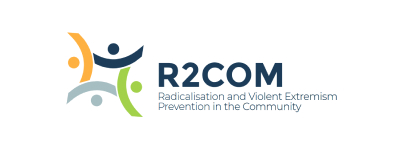
R2COM
Radicalisation and violent extremism prevention in the community
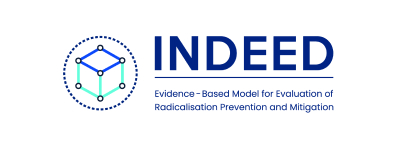
INDEED
Strengthening a comprehensive approach to preventing and counteracting radicalisation based on a universal evidence-based model for evaluation of radicalisation prevention and mitigation
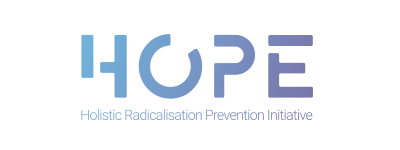
HOPE
Holistic Radicalisation Prevention Initiative (Balkan countries)
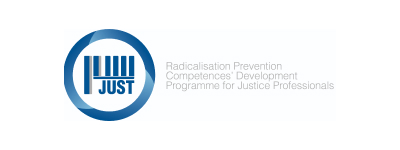
R4JUST
Radicalisation Prevention Competences’ Development Programme for Justice Professionals

WAYOUT
Integrated Exit Programme for Prisons and Probation

INTEGRA
Integrated Community, Probation and Prison Services Radicalisation Prevention Approach

PRACTICIES
Partnership against Radicalisation in Cities
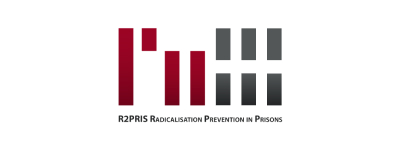
R2PRIS
Radicalisation Prevention in Prisons
Related news
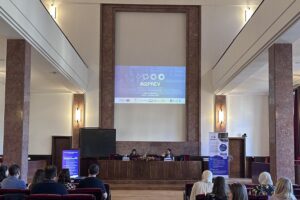
IN2PREV Final Conference highlights cross-sector collaboration for refugee inclusion and radicalisation prevention
Read More »
Standing united against hate: A national effort to prevent and tackle hate crime and hate speech in Portugal
Read More »
New IPS-led initiative unites efforts to protect religious communities, schools, and places of worship
Read More »
IPS contributes to shaping EU’s future agenda on radicalisation prevention at Brussels Town Hall meeting
Read More »
Advancing rehabilitation and countering contemporary extremist threats: IPS at the EU Knowledge Hub on Prevention of Radicalisation Thematic Panels
Read More »



